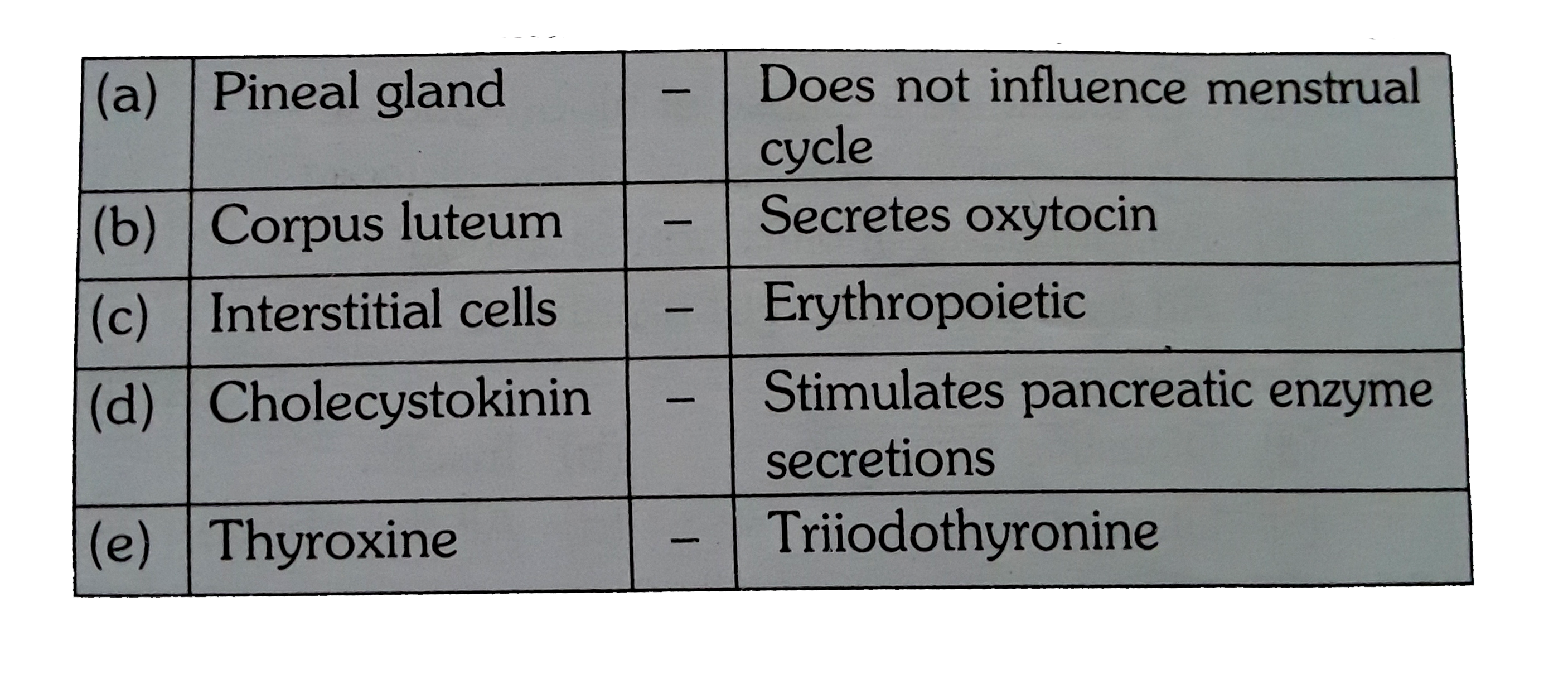Select the correct match here
[Co(ox)(H2O)(NH3)]Br Optical isomerism
[Cr(SCN)(H2O)3(en)](C2O4) Ionization isomerism
[ZnBr(CN)(SCN)(NH3)]−
[CoBrCl(H2O)4][Ag(CN)2]
The correct Answer is:D
To solve the question of selecting the correct match regarding coordination compounds and their isomerism, we will analyze the options step by step.
1. Understanding Coordination Compounds:
Coordination compounds consist of a central metal atom bonded to surrounding ligands. The arrangement of these ligands can lead to different types of isomerism, including geometric and optical isomerism.
2. Identifying Types of Isomerism:
- Optical Isomerism: Occurs when a compound can exist in two forms that are mirror images of each other (enantiomers).
- Geometric Isomerism: Involves different spatial arrangements of ligands around the central metal atom. This can be further classified into facial (fac) and meridional (mer) isomers in octahedral complexes.
- Linkage Isomerism: Occurs when a ligand can coordinate to the metal in more than one way.
- Hydration Isomerism: Involves isomers that differ in the number of water molecules coordinated to the metal.
3. Analyzing the Given Options:
- Option A: Cobalt oxalate complex with water and ammonia ligands. This complex can show geometric isomerism (fac and mer) but not optical isomerism due to the presence of identical ligands.
- Option B: Zinc complex with different ligands. Zinc, being a d10 metal, does not show optical isomerism as it does not have a chiral center.
- Option C: A complex with coordination isomers involving Br, Cl, and CN ligands. This can lead to coordination isomerism as the ligands can be arranged differently.
- Option D: This option is the one that correctly identifies coordination isomerism.
4. Conclusion:
After analyzing the options, we find that Option C correctly matches the concept of coordination isomerism. Therefore, the correct answer is:
Correct Match: Option C (Coordination Isomerism)
Coordination compounds consist of a central metal atom bonded to surrounding ligands. The arrangement of these ligands can lead to different types of isomerism, including geometric and optical isomerism.
- Optical Isomerism: Occurs when a compound can exist in two forms that are mirror images of each other (enantiomers).
- Geometric Isomerism: Involves different spatial arrangements of ligands around the central metal atom. This can be further classified into facial (fac) and meridional (mer) isomers in octahedral complexes.
- Linkage Isomerism: Occurs when a ligand can coordinate to the metal in more than one way.
- Hydration Isomerism: Involves isomers that differ in the number of water molecules coordinated to the metal.
- Option A: Cobalt oxalate complex with water and ammonia ligands. This complex can show geometric isomerism (fac and mer) but not optical isomerism due to the presence of identical ligands.
- Option B: Zinc complex with different ligands. Zinc, being a d10 metal, does not show optical isomerism as it does not have a chiral center.
- Option C: A complex with coordination isomers involving Br, Cl, and CN ligands. This can lead to coordination isomerism as the ligands can be arranged differently.
- Option D: This option is the one that correctly identifies coordination isomerism.
After analyzing the options, we find that Option C correctly matches the concept of coordination isomerism. Therefore, the correct answer is:
Topper's Solved these Questions
Similar Questions
Knowledge Check
Select the correct matches.
 A(i) and (iv)B(ii) and (iii)C(iii) and (iv)D(i),(ii) and (iv)
A(i) and (iv)B(ii) and (iii)C(iii) and (iv)D(i),(ii) and (iv)Select the correct matching
 ATH Morgan - TransductionBF2× Recessive parent - Dihybrid crossCRibozymes - Nucleic acidDG Mendel - Transformation
ATH Morgan - TransductionBF2× Recessive parent - Dihybrid crossCRibozymes - Nucleic acidDG Mendel - TransformationSelect the correct matching
ACuboidal epithelium - Alveolar wallBColumnar epithelium - StomachCCiliated epithelium - IntestineDSquamous epithelium - Germinal epithelium


